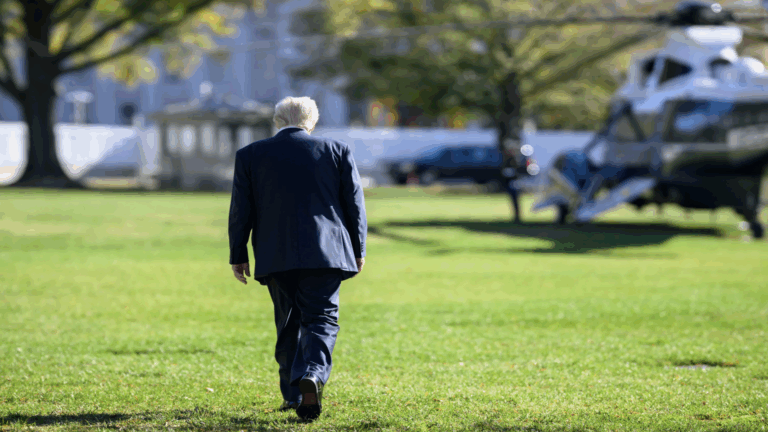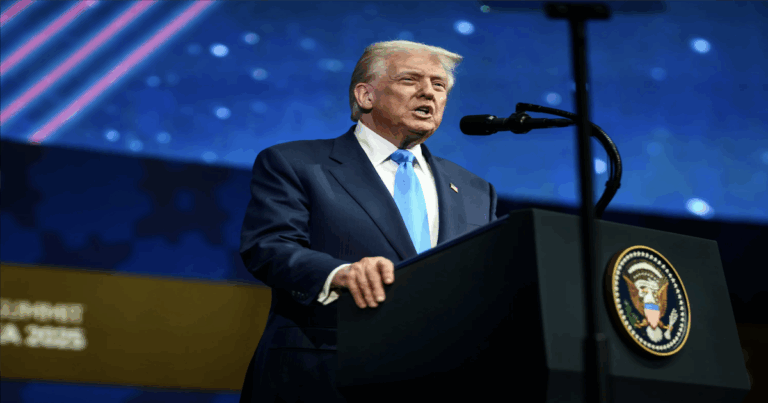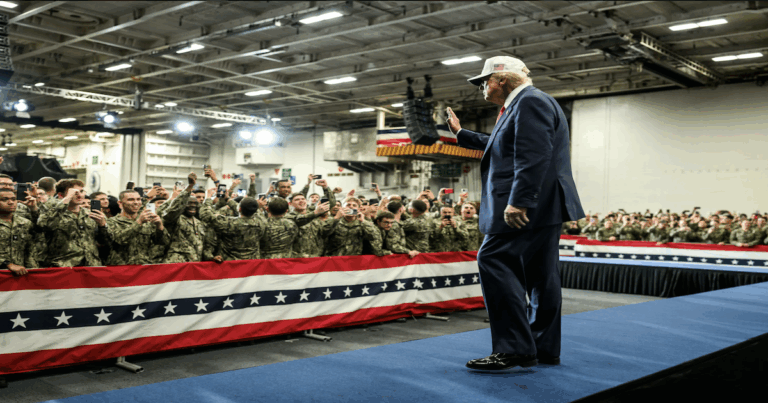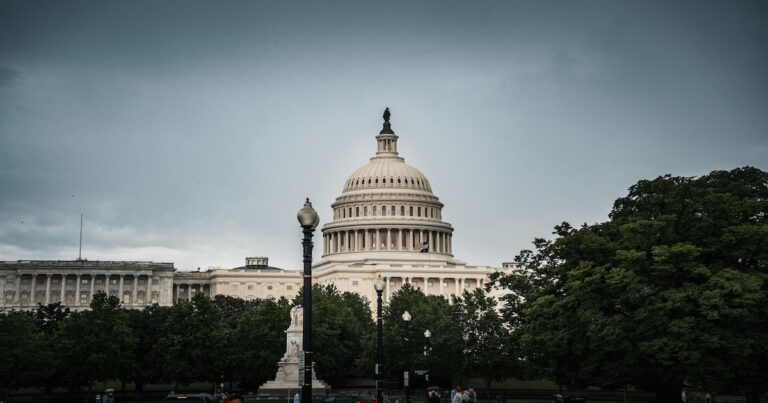Key Takeaways:
- Market Mood Shifts: Prediction markets Kalshi and Polymarket show falling odds that the Supreme Court will uphold President Trump’s tariff plan, with confidence down about 20 points since oral arguments.
- Legal Battle at the Top: The justices are weighing whether Trump had authority under the International Emergency Economic Powers Act to impose tariffs without Congress, a case with major implications for executive power.
- Economic Stakes Remain High: Trump argues tariffs are vital for national security and economic independence, saying revenue could help reduce the $38 trillion national debt and fund $2,000 dividends for Americans.
Prediction markets are cooling on the odds that President Donald Trump’s tariff plan will survive at the Supreme Court, but supporters say the markets have been wrong before.
Traders on Kalshi now give just a 25 percent chance that the Court will side with Trump, down 20 points since oral arguments suggested some skepticism from the justices. The site has seen more than $1 million wagered on the outcome. Polymarket, another real money prediction platform, mirrors that sentiment, with odds at 23 percent and trading volume exceeding $1.1 million.
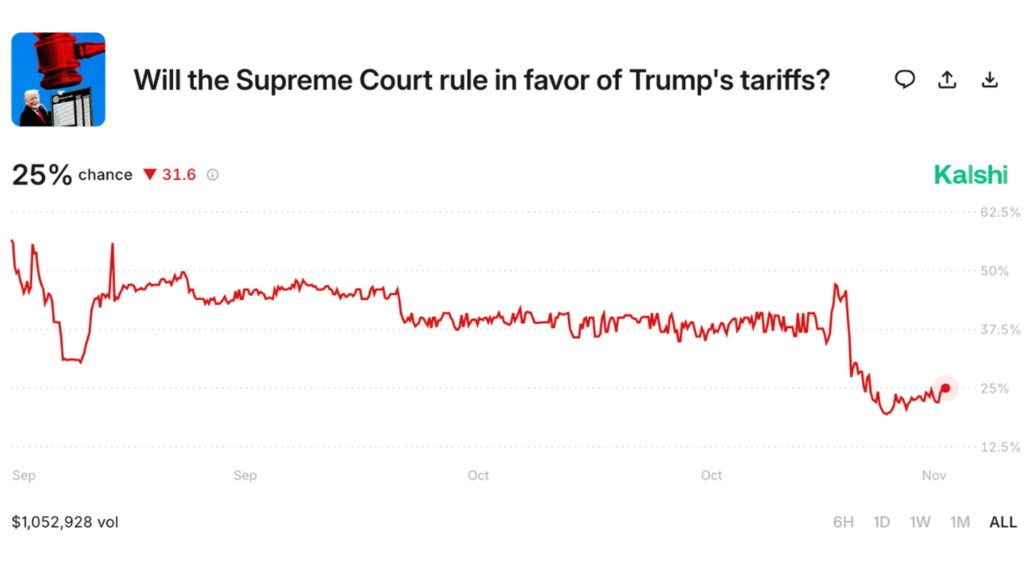
Both Kalshi and Polymarket turn public opinion into tradable market data, allowing users to bet on everything from politics to sports. But unlike typical political chatter, these platforms often serve as real-time barometers of confidence in policy decisions — and they’re flashing caution on Trump’s trade strategy.

At issue is whether Trump had the authority under the International Emergency Economic Powers Act to impose tariffs and whether those actions breached the separation of powers. A lower court ruled in August that he exceeded his authority, setting up the high-stakes showdown now before the Supreme Court.
Trump has argued that his tariff policy is essential to national security and economic independence, even proposing to use tariff revenue to fund $2,000 dividend checks for Americans while reducing the $38 trillion national debt.
As the justices deliberate, the markets may be skeptical — but Trump’s supporters insist his America First trade vision remains as strong as ever.

